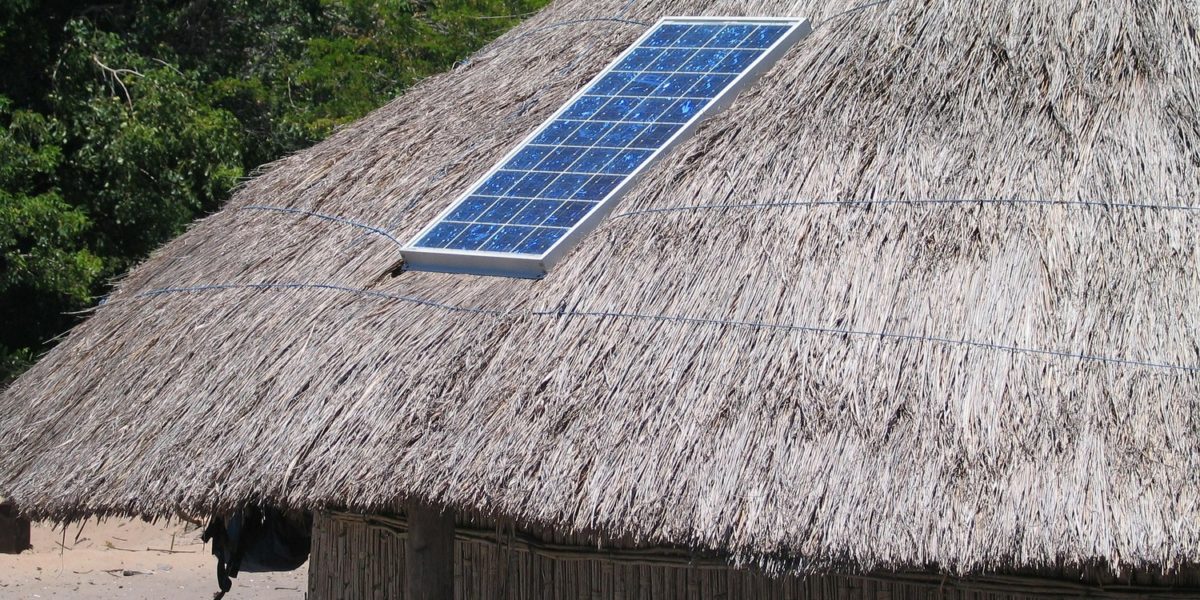A survey of more than 30 off-grid solar product manufacturers has prompted predictions the disruption caused by materials shortages and raised shipping costs could continue throughout next year.
Netherlands-based off-grid solar body GOGLA – formerly the Global Off-grid Lighting Association – surveyed the suppliers of products such as solar lanterns, water pumps, TVs and fridges, as well as complete solar home systems (SHS'), last month, to ask about the impact of global chip shortages and other material-related issues.
Of the 24 companies which responded to a question about how long issues such as price rises, delayed deliveries, reduced product performance and stock shortfalls could continue, nine businesses said a year, eight said 18 months, and two respondents said two years. Five companies were more upbeat and predicted the turbulence would clear after the end of this year.
Raw material sourcing
Although a well-publicized global shortage of chipsets and controllers – which feature in inverters – dominated manufacturer concerns, respondents to the GOGLA survey also mentioned rising polysilicon prices affecting solar panel production costs and an escalating copper price driving up the cost of cabling.
As a result, a dozen manufacturers said the performance of their products would be affected by material shortages, versus 15 respondents who said there would be no such impact. Changes to performance could include a need to “provide slightly less power [from] each [solar] module” as well as removing a dimmer feature for solar lights; replacing information displays showing remaining electricity credit with LEDs; and reducing cabling and mounting flexibility.
Manufacturers voiced concern about whether such changes to their products would affect the quality assurance guarantees issued by testing agency Verasol, given that can be a key requirement in the suitability of such items to receive donor funding.
With African installers having already told pv magazine about the rising project costs they are having to pass on to clients as a result of soaring shipping costs, respondents to the GOGLA questions predicted product price rises ranging from 9% for solar lanterns up to 52% for solar-powered TVs. An expected 14% price rise in the cost of full-service SHS', and of 15% for water pumps, will cause further concern to NGOs aiming to get the world back on track with the fading UN ambition of universal access to electricity this decade.
Hikes
Manufacturers also expect an 18% rise in the price of solar-powered fridges, a 16% hike in the cost of fans, and an 11% uplift in solar-powered multi-light systems, according to GOGLA, which announced the results of the survey this month.
In terms of supply disruption, manufacturers expected stock to be at its tightest for the rest of this year for SHS', TVs and multi-light systems, although they predicted shortfalls will continue into next year. Solar water pumps are likely to be in short supply in the second half of next year, the respondents predicted. At present, manufacturers say, it is taking 2.5 weeks longer than usual to receive solar panels, there is a one-month delay in battery deliveries, and a 21-week hold-up for chipsets and controllers.
This content is protected by copyright and may not be reused. If you want to cooperate with us and would like to reuse some of our content, please contact: editors@pv-magazine.com.




By submitting this form you agree to pv magazine using your data for the purposes of publishing your comment.
Your personal data will only be disclosed or otherwise transmitted to third parties for the purposes of spam filtering or if this is necessary for technical maintenance of the website. Any other transfer to third parties will not take place unless this is justified on the basis of applicable data protection regulations or if pv magazine is legally obliged to do so.
You may revoke this consent at any time with effect for the future, in which case your personal data will be deleted immediately. Otherwise, your data will be deleted if pv magazine has processed your request or the purpose of data storage is fulfilled.
Further information on data privacy can be found in our Data Protection Policy.